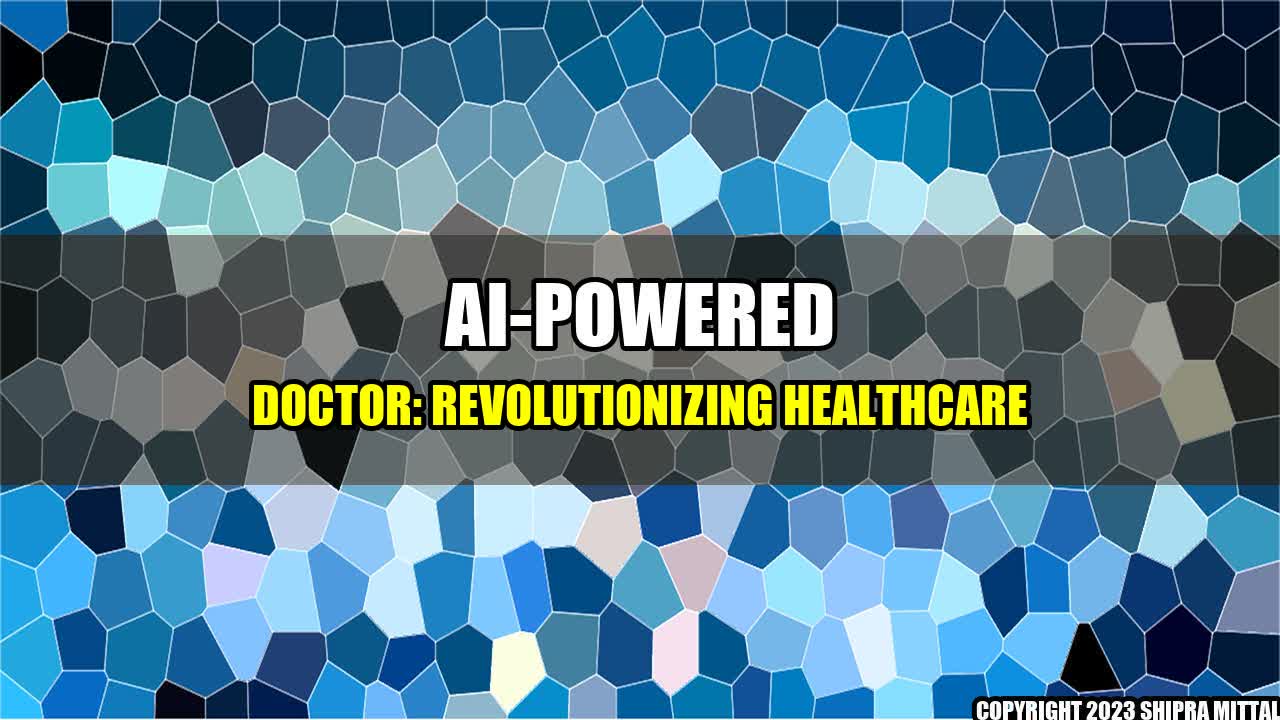It was past midnight when John, 42, felt a sudden chest pain. The throbbing sensation was unbearable. He immediately grabbed his phone and looked for the nearest doctor. With no clinic open, he stumbled upon something interesting - an AI-powered doctor that can answer his queries within seconds.
Babylon Health, one of the leading firms in healthcare technology, has introduced an AI-powered medical chatbot designed to answer patient questions 24/7. This cutting-edge innovation has made it possible for patients like John to get a medical consultation anytime and anywhere that they want - without having to wait for an appointment with an actual doctor.
The machine learning technology is transforming the medical industry, letting patients have immediate access to reliable medical information and advice. The AI-powered doctor chatbot is designed to analyze symptoms, provide medical diagnoses, and even offer treatment options - almost like having an in-person consultation with an actual doctor.
Another major player in the field, Your.MD, claims that the AI-driven chatbot can recognize over 1,000 common medical conditions within seconds. It is crucial because people often search online first before seeing an actual doctor.
AI-powered doctors can also help physicians manage their patients better. For instance, Sense.ly has designed an AI-powered virtual assistant that helps doctors monitor patients in real-time. By analyzing the patient's symptoms, medical records, and behavioral patterns, the AI-powered assistant can identify medical risks and send alerts to doctors if necessary.
This breakthrough technology has the potential to revolutionize the healthcare industry. With smarter medical solutions, doctors can provide a more personalized approach to patient care, improve their diagnoses, and prescribe more accurate treatments. While the AI-powered doctors have some limitations, such as not being able to provide a hands-on physical examination to the patient, it is becoming more evident that the technology is filling a gap in the healthcare industry by providing efficient and prompt medical advice to patients who need it the most.

Akash Mittal Tech Article
Share on Twitter Share on LinkedIn